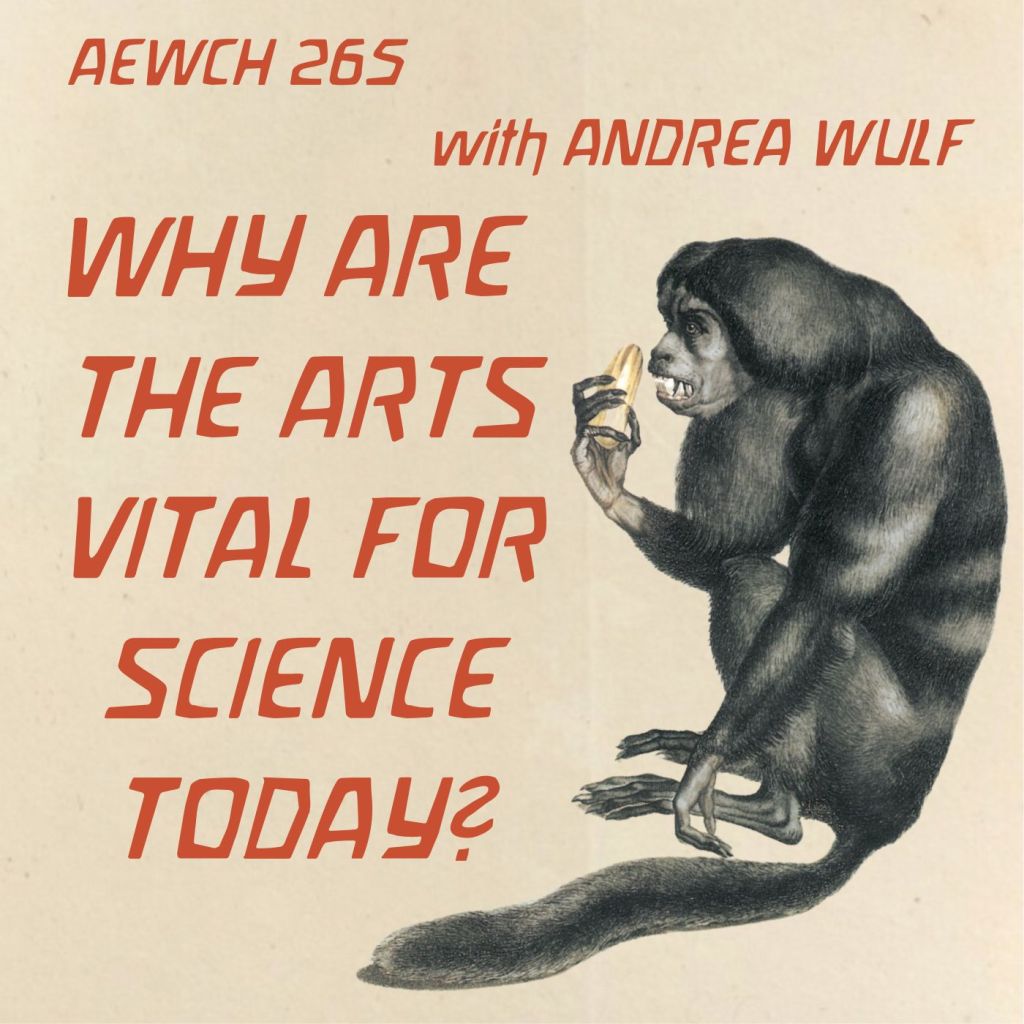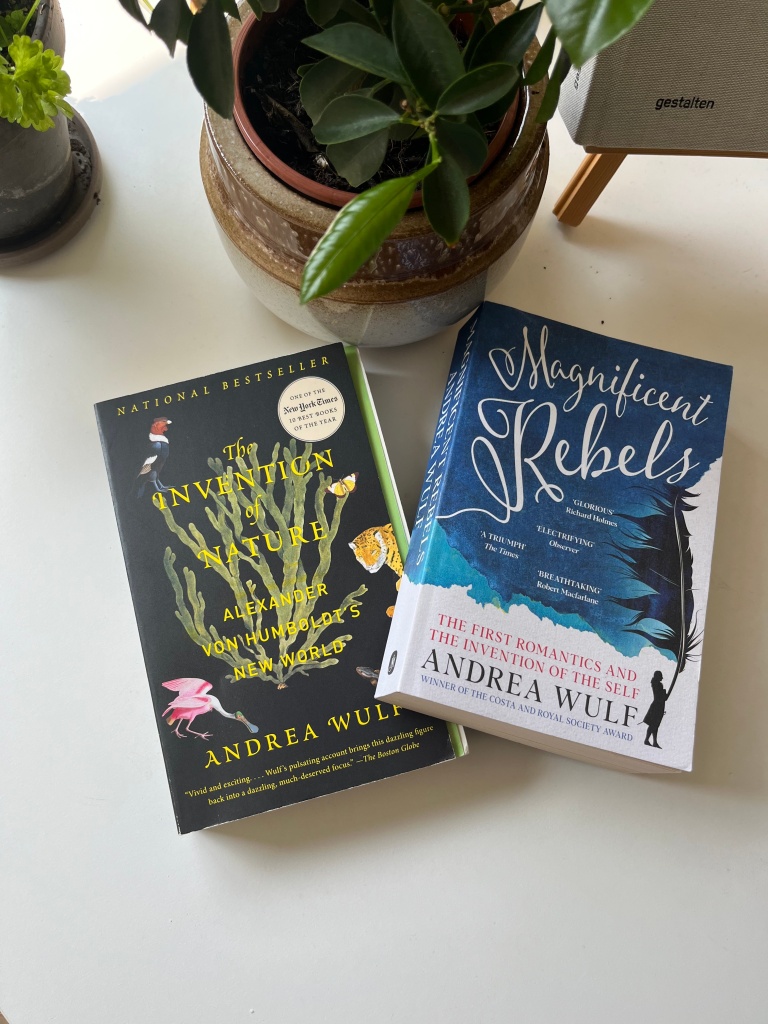LISTEN VIA SOUNDCLOUD ABOVE OR: Apple Podcasts • Spotify • Breaker
Dear friends: Does this podcast offer you inspiration?
If so, do support the show on patreon.
Give a one-time annual or monthly pledge to Patreon.com/connerhabib to connect to and give economic life to something you find value in. Thank you.
Also, please do subscribe to the show, give it a 5 star rating and warm review on Apple Podcasts.
You can also buy my novel Hawk Mountain (and give it 5 star rating and a positive review on Goodreads!)

Friends,
This is the sixth episode in a series of episodes on science and how science intersects with our lives in surprising ways. These episodes are not “scientific” episodes per se, but they aren’t scientistic either. Each one is an exploration of what science can bring into our lives. The series started with AEWCH 260, on which I talked with Marjolijn van Heemstra about connecting with the expansiveness of space to understand the challenges we face today. Then on AEWCH 261, I talked with bear biologist and the Tooth & Claw podcast co-host Wes Larson about our fascination with animal attacks. On AEWCH 262, I talked with culture and nature philosopher, Erica Berry about what wolves can teach us about being human. On AEWCH 263 I did a deep dive into the work of rebel scientist (and scientism’s most notable heretic), Wilhelm Reich, with James Strick. And on AEWCH 264, I spoke with cell biologist Predrag Slipječeviċ about the radical potential of symbiosis.
A huge component of my understanding of science comes from the tradition of naturalists and organismic biologists: people intent on seeing organisms whole, while at the same time examining their own responses as part of the data. Stretching back to Johann Wolfgang van Goethe and Alexander von Humboldt, and right into the present with my teachers Lynn Margulis and Craig Holdrege. Rather than considering the human being, the feelings and thoughts that arise from observation as a sort of litter in understanding what’s real, these thinkers consider the subject and object in relationship to each other. As a result, in varying degrees, these scientists and thinkers are/were much more receptive to visual art, literature, poetry, philosophy, and the spirit as intersecting with the pictures science gives us.
Illuminating wisdom, including the wisdom in the best offerings of science emerges between the poles of truth and love. When wisdom connects love and truth, it can give us a real picture of the world. But wisdom untethered from love or truth can only replicate itself or issue vague and airy pronouncements. The arts and the sciences find a beautiful complementarity so vital for our time.
I wanted to talk at length about these sorts of scientists: the poet-scientist, the artist-scientist, the spiritual scientist.
So I asked historian of science and interdisciplinary thinker ANDREA WULF onto the show!
Andrea is the author of the bestseller The Invention of Nature: Alexander Von Humboldt’s New World and more recently Magnificent Rebels: The First Romantics and the Invention of the Self.
MORE ON ANDREA
You can visit Andrea’s site here. And she has authored some other great books, as well, including:
- The Brother Gardeners: Botany, Empire and the Birth of an Obsession
- Chasing Venus: The Race to Measure the Heavens
- Founding Gardeners: The Revolutionary Generation, Nature, and the Shaping of the American Nation
And as a little bonus here, I’d suggest you read Goethe’s provocative essay, “The Experiment as Mediator between Subject and Object”.



Leave a comment